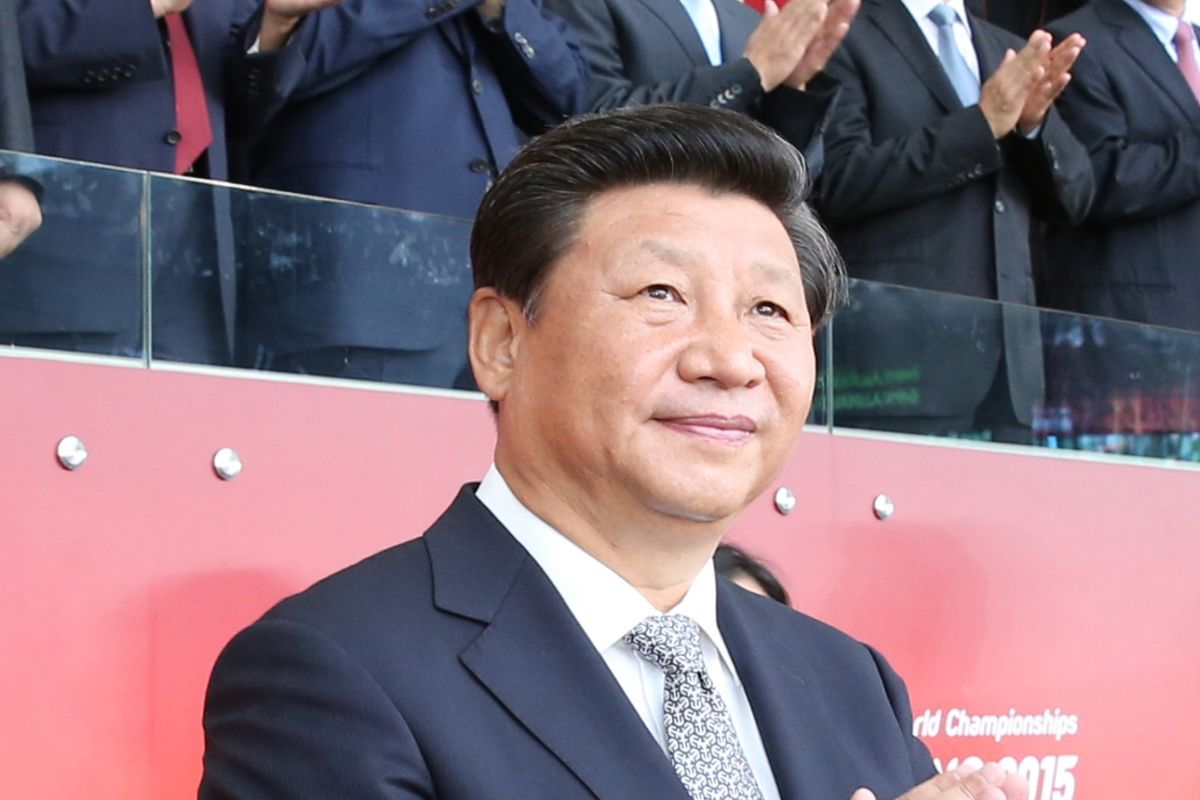Chinese President Xi Jinping said on Friday that China wants to reach an initial trade deal with the United States but is “not afraid” to fight back when necessary.
It is rare for Xi to speak so directly about the trade war, and his comments come two days after US President Donald Trump complained that Beijing had not made sufficient concessions so far, making him reluctant to conclude a bargain.
Advertisement
As we always said we don’t want to start the trade war but we are not afraid,” Xi told former US officials and other foreign dignitaries at a meeting at Beijing’s Great Hall of the People.
Speaking to a group of delegates and invited journalists at the Bloomberg New Economy Forum in Beijing on Friday, Xi said: “We want to work for a phase one agreement on the basis of mutual respect and equality.
“China and the United States should step up communication on strategic concerns to avoid misjudgment and enhance mutual understanding,” Xi said.
Earlier this week, US President Donald Trump said that China was not ““stepping up to the level that I want” in the negotiation.
But the US Congress vote to pass the Hong Kong Human Rights and Democracy Act has since triggered a furious response from China and the issue now threatens to overshadow the trade talks.
On Thursday, China had invited US trade negotiators to a new round of talks in Beijing, citing unidentified sources, The Wall Street Journal reported.
Earlier in the month, President Trump did not agree to roll back tariffs on Chinese imports, dampening recent optimism for a major de-escalation in the US-China trade war.
The United States and China have imposed steep tariffs on hundreds of billions of dollars in two-way trade, and another round of US duties are set to hit on December 15 on $160 billion in Chinese goods.
In September, the US had imposed fresh tariffs on $112 billion worth of Chinese imported goods, marking a sharp escalation of the bruising trade war between the world’s two largest economies.
Donald Trump launched the trade war as part of his “America First” bid to lower a wide trade deficit with China, but the tariffs imposed thus far have barely made a dent in that gap.











